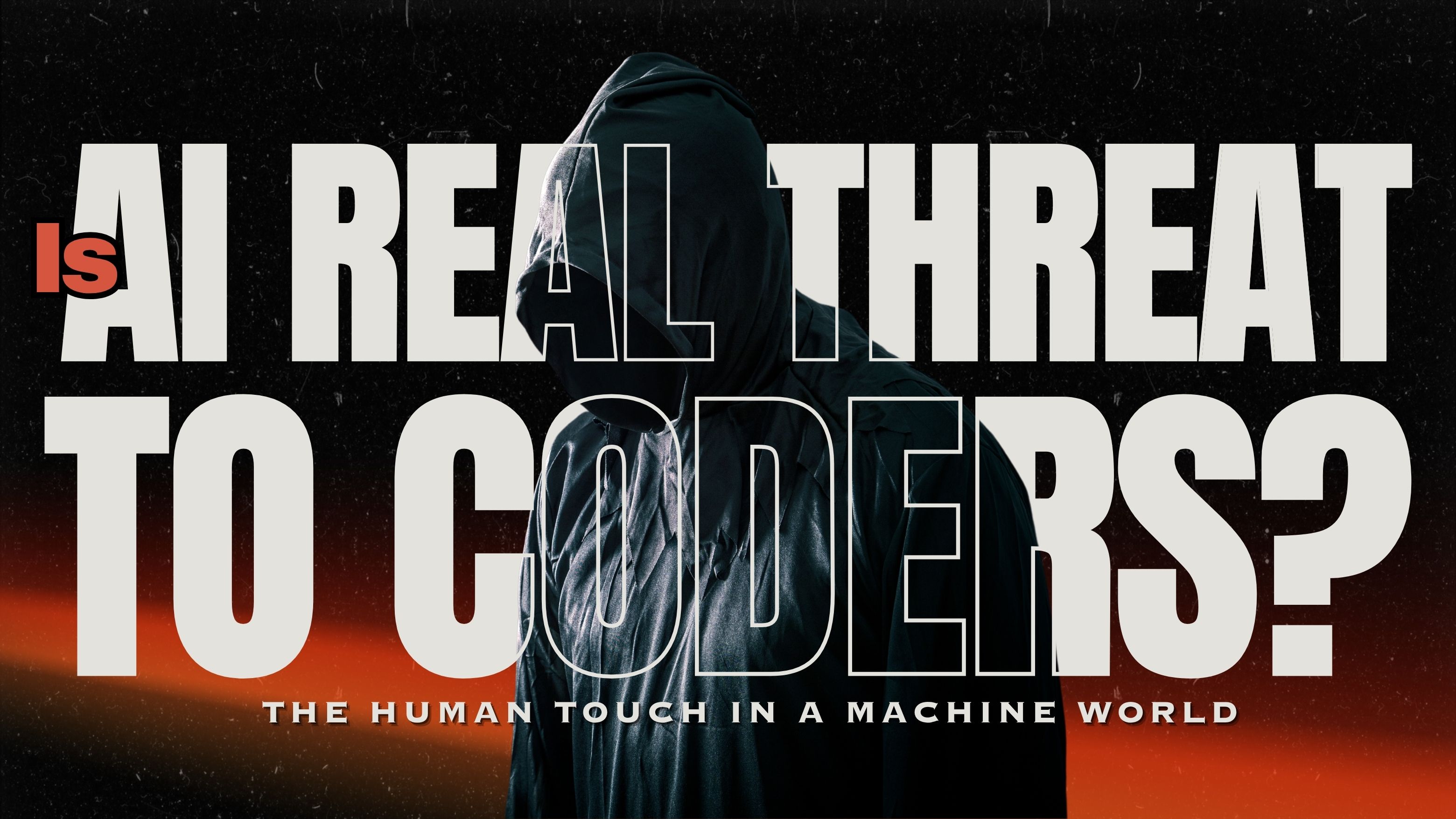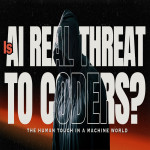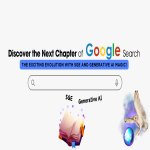Is AI a Real Threat to Coders? The Human Touch in a Machine World
The rise of Artificial Intelligence, especially in code generation, has sparked a mix of excitement and anxiety in the developer community. Is this the end of coding as we know it, or is it the dawn of a new, augmented era? Let's dive into the core of this question, recognizing the irreplaceable value of the human coder.
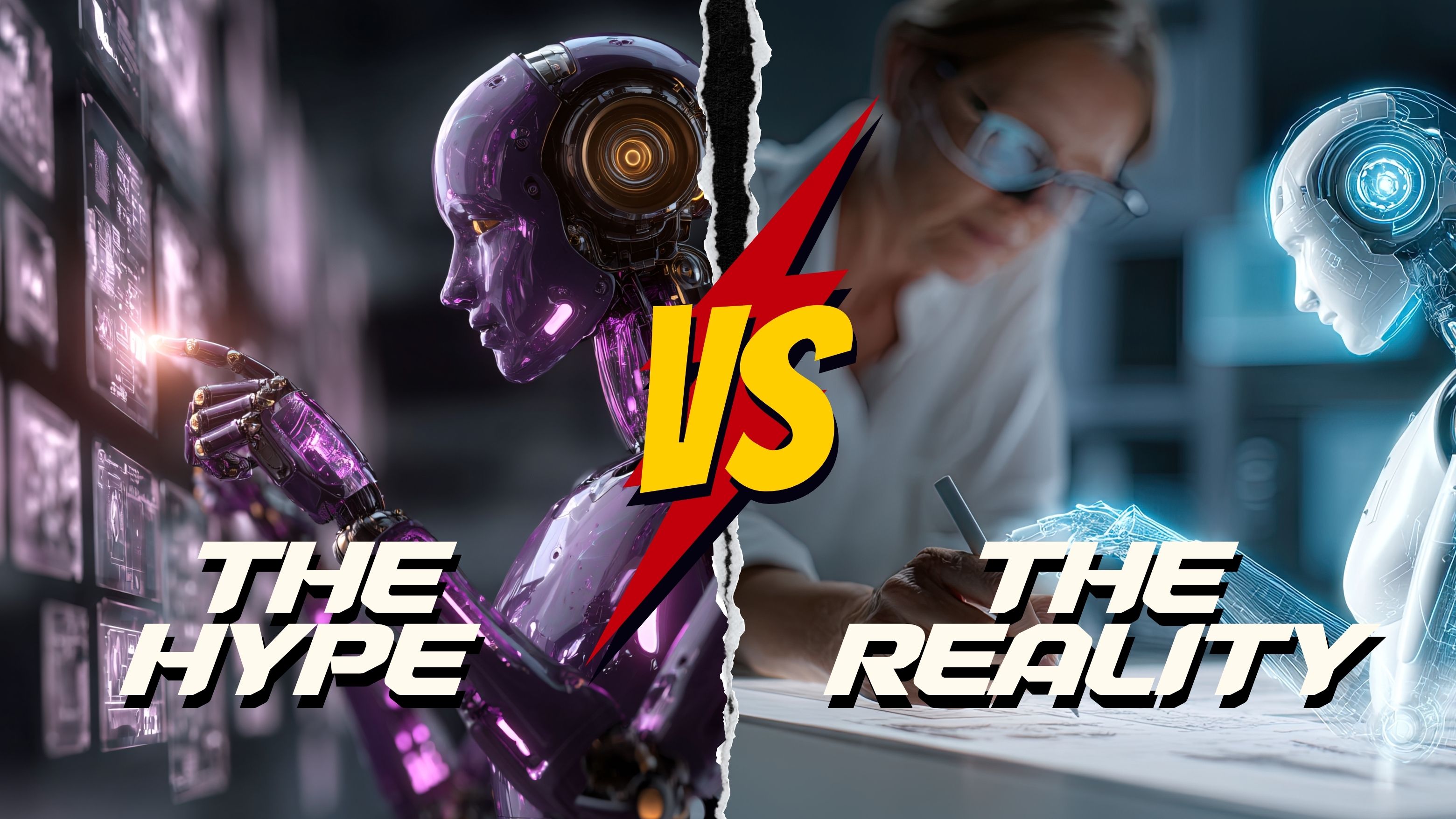
1. The Hype vs. The
Reality
The headlines often paint a dramatic picture of AI replacing human coders entirely. While AI is undeniably revolutionizing software development, the reality is more nuanced. Think of AI not as a replacement, but as a sophisticated power tool that dramatically increases a coder's speed and efficiency.
✅ Hype: AI will write entire complex applications from a simple idea, eliminating the need for programmers.
✅ Reality: AI excels at automating repetitive, tedious, or standard tasks, freeing up human developers for more complex, creative, and high-value work.
2. Where AI Shines: The Automation Engine
AI tools are already proving their worth by taking over the 'grunt work' of coding. This is where they offer the greatest efficiency boost.
✅ Code Generation: Tools like GitHub Copilot or Amazon Q Developer are excellent at predicting and auto-completing code blocks, functions, or even entire boilerplate files based on the context of what a developer is writing.
✅ Example: A coder can write a function signature in Python, and the AI can often suggest the entire body of the function, such as a loop to iterate through a list or a standard database query.
✅ Documentation &
Testing: AI can automatically generate detailed documentation for existing
code or create unit tests, two tasks developers often find time-consuming.
Bug Detection & Fixing: AI-powered tools can quickly scan vast amounts of code to identify potential vulnerabilities, subtle bugs, or security flaws far faster than manual review.
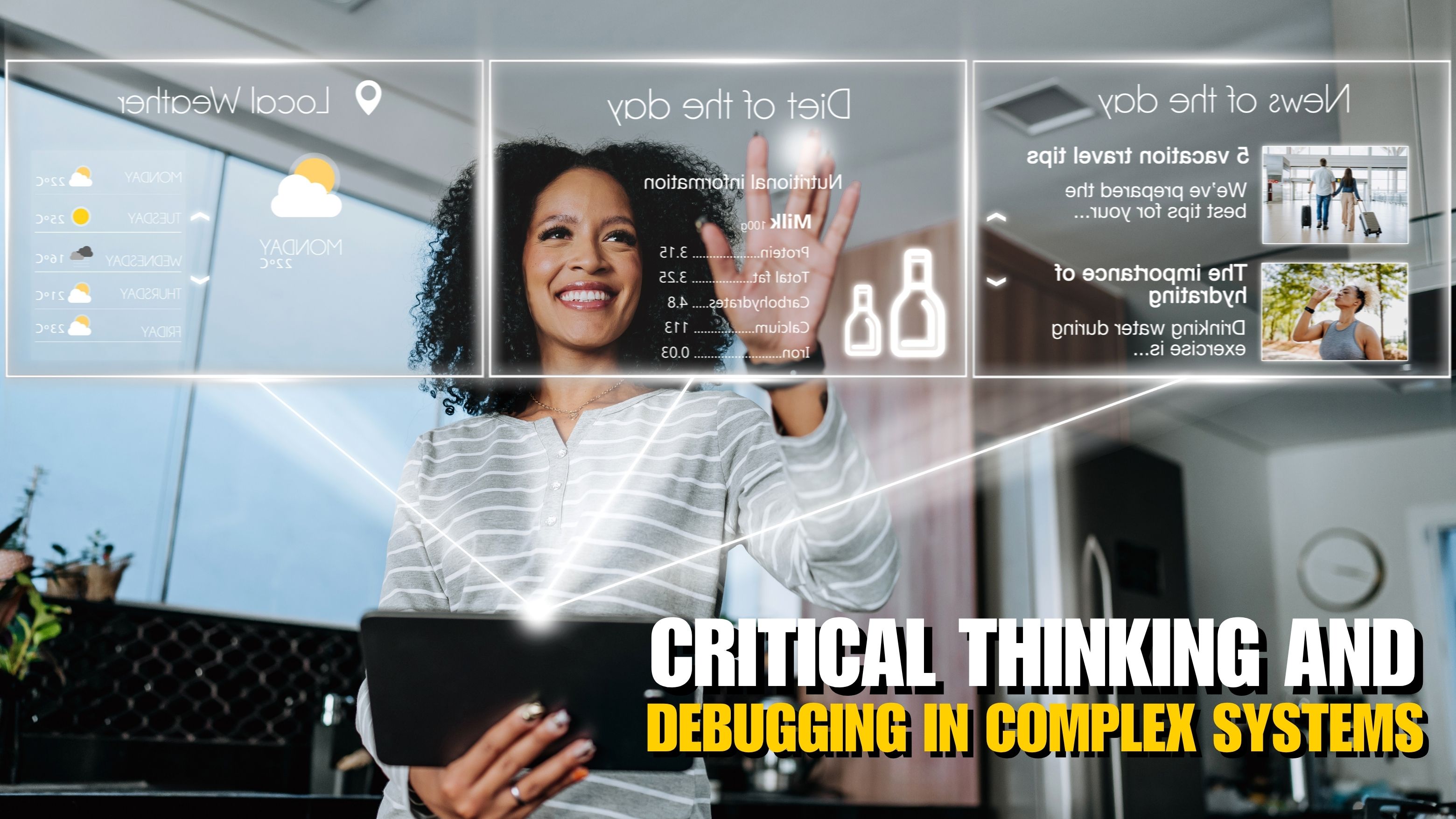
3. The Unbreakable
Human Core: Context, Creativity, and Critical Thinking
The fear that AI will make coders obsolete overlooks the core, non-technical skills that define a great software engineer. These are the areas where the human touch is truly indispensable.
✅ Understanding Context and Ambiguity:
Software development is rarely just about code; it’s about
solving a real-world business problem. AI can't sit in a client meeting, gauge
the user's frustration, or understand the subtle political dynamics that
dictate a project's technical choices.
✅Analogy: You can
ask an AI for a recipe (code), but you need a human chef to understand the
emotional context of a celebratory dinner (business goal) and adapt the recipe
accordingly.
✅ Critical Thinking and Debugging in Complex Systems:
When an AI generates code, a human is needed to validate
it, check for side effects, ensure it fits into the complex architecture of an
existing system, and, critically, debug it when it inevitably fails under
specific, unforeseen real-world conditions. AI can hallucinate (generate
syntactically correct but logically incorrect code).
✅ Architectural Design
and Creativity:
Creating a robust, scalable, and maintainable software
architecture is a high-level creative task. It involves foresight, trade-off
analysis, and innovative solutions that go beyond pattern matching. Human
developers are the architects, not just the bricklayers.
Conclusion:
Adapt, Don't Fear
AI is not a threat to the programmer but a threat to the
programmer who refuses to adapt.
The future of coding is not human versus AI, but human plus AI. The demand won't be for coders who simply write basic functions; it will be for AI-augmented developers—those who can effectively prompt AI, validate its output, design the systems, and focus on the complex, creative problem-solving that truly delivers value.
Embrace AI as your relentless junior assistant, and focus
on becoming the brilliant senior architect. Those who master this new
collaboration will be the most sought-after professionals in the tech world.
FAQs (Beyond the
Blog)
Here are a few common questions developers are asking about
AI's impact on their careers:
Q: Will Junior
Developer jobs disappear?
A: Entry-level jobs focused purely on writing simple, boilerplate code are the most vulnerable to automation. However, new junior roles will emerge, focusing on prompt engineering, AI output validation, and mastering AI-assisted workflows. The learning curve for new developers may shift from syntax mastery to system-level thinking and tooling proficiency.
Q: Which coding
roles are safest from AI?
A: Roles that require deep domain expertise, high-level architectural design, ethical considerations, system integration, and complex debugging are the safest. This includes roles like Software Architects, DevOps Engineers, AI/ML Engineers, Security Engineers, and UX/UI Developers (who need to understand human-computer interaction).
Q: What skills
should coders focus on now?
A: Focus on high-value skills: System Design, Critical Thinking, Communication (especially with non-technical stakeholders), Problem Definition, Prompt Engineering for AI tools, and a strong understanding of Data Structures and Algorithms to evaluate AI-generated code quality.
Q: Is AI code
generation secure?
A: Not inherently. AI models can sometimes generate code
that introduces security vulnerabilities or uses outdated practices if they're
trained on insecure public codebases. Human oversight and security testing
remain absolutely crucial for any production-level code, regardless of who (or
what) wrote the first draft.
